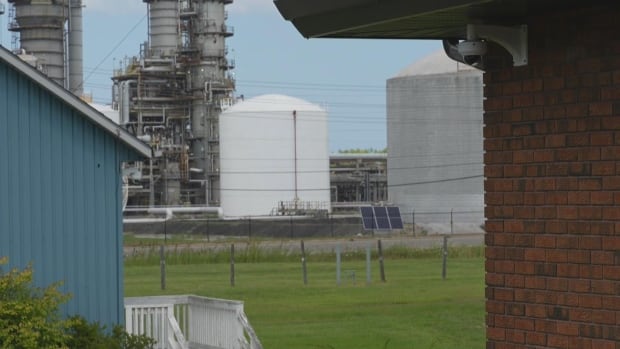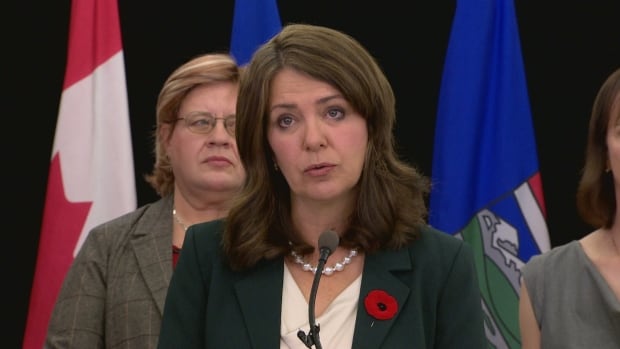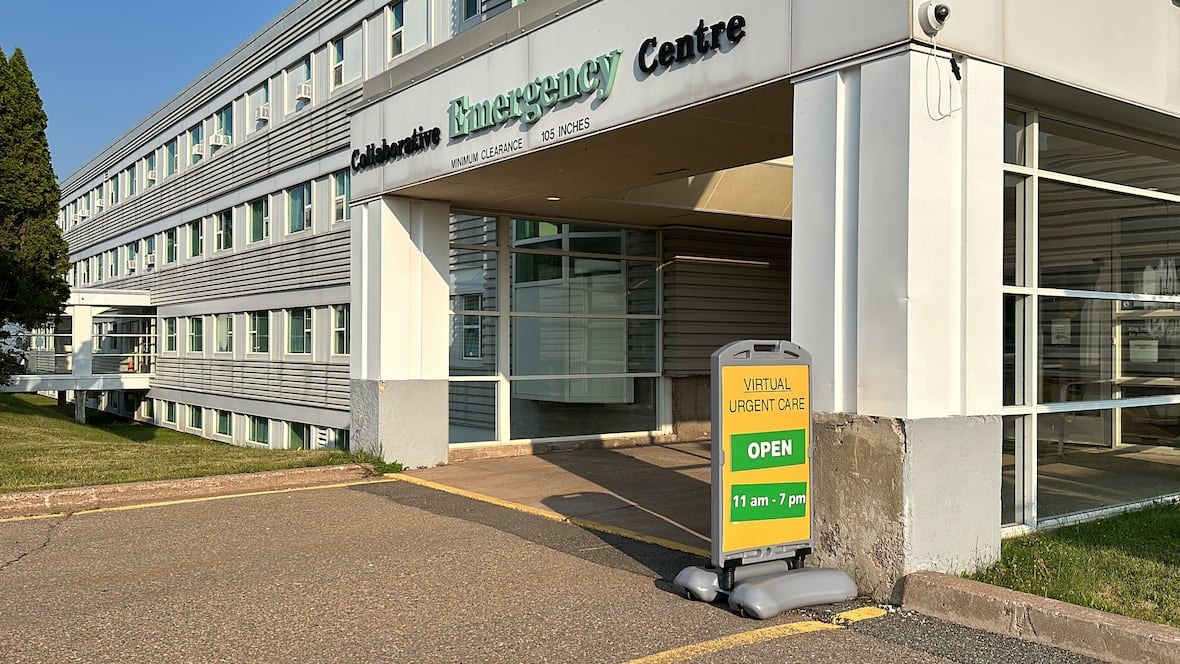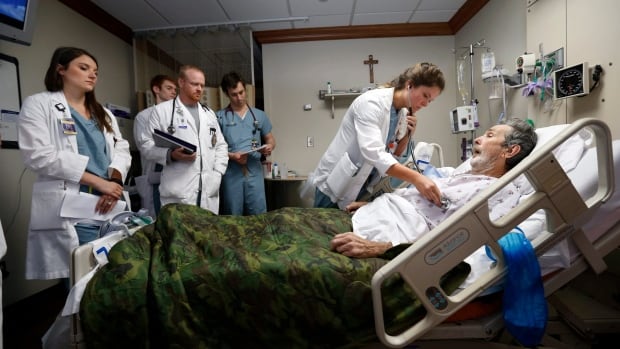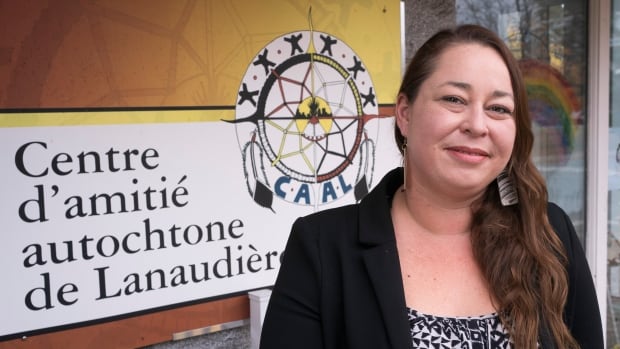A Sarnia, Ont., chemical company has begun work to remove a toxic chemical it produces, a move that’s led to the evacuation of about 100 people from neighbouring Aamjiwnaang First Nation.
Ineos Styrolution uses benzene, a byproduct of fuel refining, to manufacture auto parts, medical appliances and electronics.
Research has shown that benzene can cause cancer, the federal government notes.
High levels of the chemical were registered in the air in April, forcing Aamjiwnaang First Nation to declare a state of emergency after people became ill with headaches, nausea and dizziness.
While about 2,500 people belong to the Chippewa First Nation community, about 900 people live on reserve, located on the St. Clair River.

Ineos temporarily closed around the same time. The Ontario government then pulled its environmental compliance approval in May. The company later said it would be shuttering its doors permanently.
Chief Janelle Nahmabin previously told CBC News the First Nation established 27 micrograms per cubic metre as its benchmark that would trigger the closure of some of its facilities.
People in Aamjiwnaang are leaving the First Nation starting today as “destocking” of the chemical takes place.

Ineos said the process should be done before Oct. 16, with an increased potential for emissions between Oct. 2 and 6, according to modelling.
“Any elevated emissions are expected to be localized near the site boundary and are not expected to cause adverse effects to the local population,” the company said in a statement.”
The chemical company says destocking is a routine part of operations within the Sarnia industrial complex, and local authorities are well versed in the standard protocols — adding safety is its “top priority.”
“We are dedicated to protecting our employees, contractors and neighbouring communities, prioritizing safety above all else.”
‘Please just stay alert … always stay alert’
Sarnia fire Chief Jeff Weber wants to ensure communities in the area of where the chemicals are being removed are aware of what’s happening.
“Please, just stay alert … always stay alert,” he told CBC News.
“Emergencies typically don’t happen when we plan them, right? Whether it’s weather, industry and chemical industry or transportation events, it requires everybody to remain diligent. Have a plan, just like we talk about at emergency preparedness week.”

Weber said emergency responders are keeping a close eye on air quality in the area.
“We’re constantly monitoring benzene numbers in the area and certainly from an entire network of monitoring stations — not only on the Ineos site, but also surrounding that site and as far north as the the more residential footprint of the city of Sarnia,” said Weber.

He said the community has websites, along with a digital notification system and alerting sirens.
“Certainly this is an operation that industry does on an ongoing basis, emptying and cleaning tanks. And that is a well-known process.”
